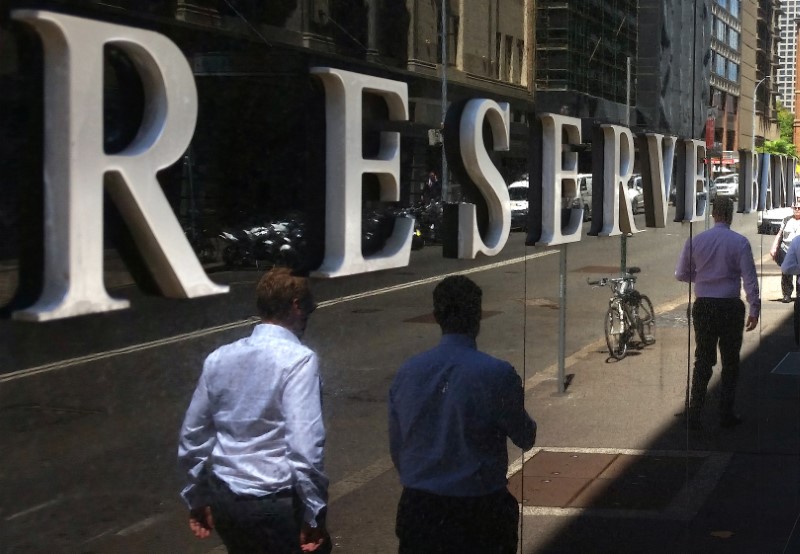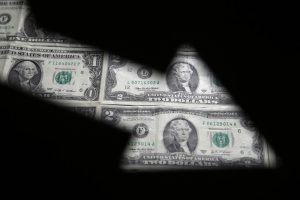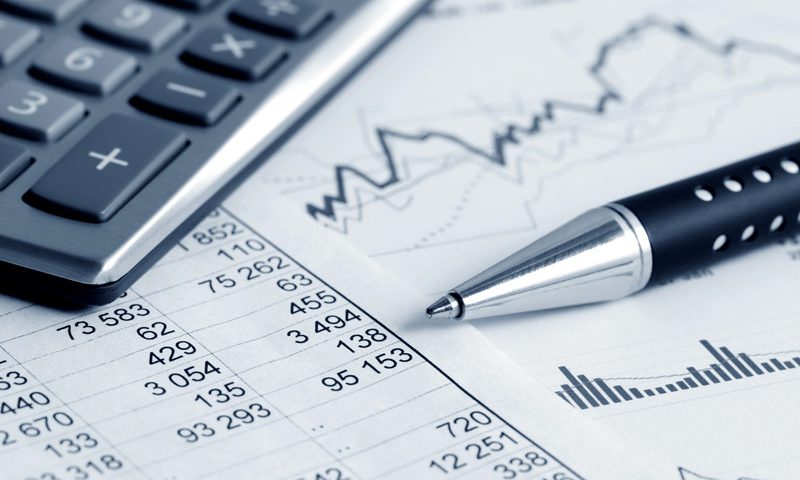Australia central bank buys semi-government bonds

By Administrator_India
Australia’s central bank stepped into the semi-government bond market for the first time since launching its quantitative easing program to combat the coronavirus pandemic as state revenues deteriorate sharply.
The Reserve Bank of Australia on Wednesday bought A$2 billion in semi-government bonds – issued by state and territories – with maturities ranging between January 2026 and June 2030.
The semi-government market has been under severe liquidity stress in recent weeks with businesses across Australia forced halt operations as new lockdown measures kick in to curb the spread of the coronavirus.
State government revenues will also be severely hit as Australia pauses property auctions and buyer inspections of homes from midnight.
“This has material implications for state government revenues, some of whom rely heavily on stamp duty from home sales,” said ANZ economist David Plank.
“As a consequence, we expect to see considerable near-term volatility in semi-government spreads.”
With the number of coronavirus cases surpassing 2,250 in Australia, analysts say the restrictions on the movement of people will push the country into its first recession in three decades, lead to severe budget deficits and lift the supply of government securities.
“On our analysis, the cyclical budget deterioration in the COVID-19 recession will potentially be in the order of 5% of GDP, with risks to the upside,” Westpac chief economist Bill Evans said.
Australia’s budget had deteriorated by 5.6% of its gross domestic product during the last recession in the early 1990s.
Evans expects the budget to move from being in balance in the year-ended June 2019 to a deficit of A$90 billion in the current financial year and an even larger shortfall of A$160 billion next year.
This compares with the government’s previous expectation in December of a surplus of A$5 billion for 2019/20 and A$6 billion for 2020/21.
“The stock of government securities on issue is set to jump, mirroring the cumulative budget deficit for the two years to 2020/21,” Evans added.
Westpac expects government issuances to climb to A$820 billion by June 2021, up 51% from June 2019.
Since launching its “unlimited” quantitative easing program last Friday, the RBA has bought A$13 billion in sovereign bonds.
In a separate release, the central bank said it pumped A$2.4 billion into the banking system on Wednesday, while the surplus cash held by banks at the RBA hit a record A$53.6 billion.
The RBA also said it would offer $10 billion as part of a global effort to meet demand for the U.S. currency through a repo tender to be held on march 26.






